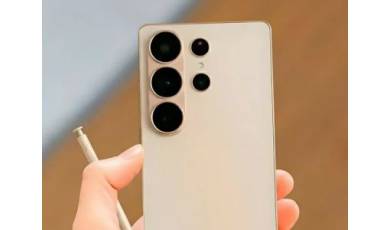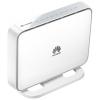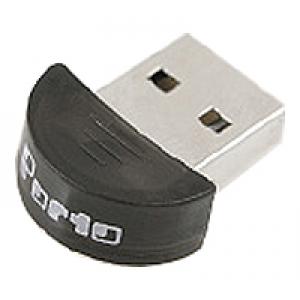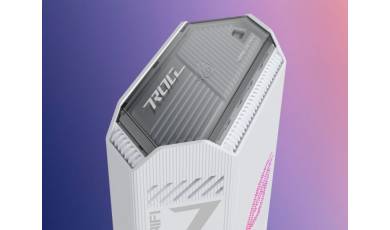Porto BA-520 specs.
Routers Specs >> Porto >> Porto BA-520| Specifications | | | Reviews |
Basic Specs Porto BA-520
Type:
Bluetooth adapter
Standard:
Bluetooth 2.0
Max. speed of the wireless connection:
2.1 Mbps
Connection interface:
USB
Reception/transmission Porto BA-520
Bluetooth power class:
2
Radius of action outdoors:
10 m
Detailed Specs Porto BA-520
Dimensions (WxHxD):
22x8x18 mm
Weight:
3 g
Reviews, Questions about Porto BA-520
Write Review / Ask a question about Porto BA-520
Popular today
Type: Wi-Fi ADSL access point; Support ADSL2+: yes; Wireless standard: 802.11n, 2.4GHz frequency; Support MIMO: yes; Max. the speed of the wireless connection: 300 Mbps; Information security: WEP, WPA...
Type of connection: Wi-Fi; Device type: access point; Built-in support for 3G (UMTS): Yes; Built-in support for WiMAX: No; Built-in support for LTE: Yes; Built-in support for LTE Advanced: No; ADSL2+:...








